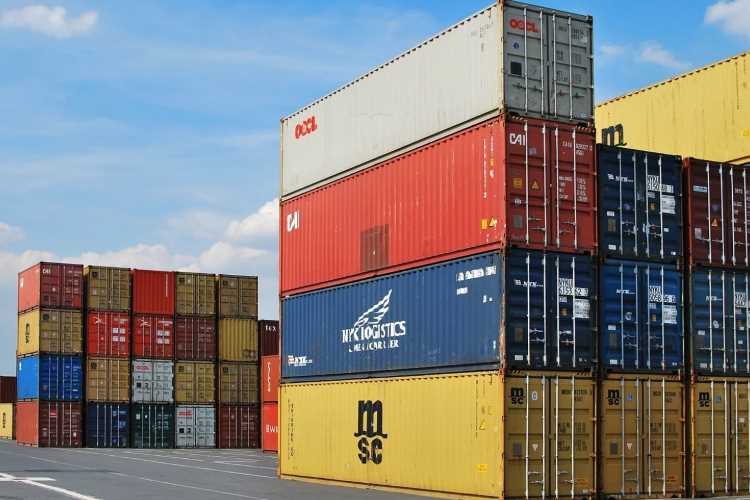
India is in the final stages of negotiations with the United Kingdom for a free trade agreement. Commerce Secretary Sunil Barthwal will assess the progress made on the India-UK FTA so far during his ongoing visit, marking the eleventh round of talks between the two countries. While both the countries stand to benefit from the agreement, contentious clauses relating to digital trade, environment and labour laws, intellectual property rights, rules of origin, and the services sector remain unresolved.
India and the UK are also working to iron out differences on issues including intellectual property rights (IPR) and rules of origin and some differences in the services sector under the FTA negotiations. As India looks for a comprehensive deal without compromising its interests, this agreement sets a precedent for future trade pacts.
READ | IPEF: India weighing economic interests, global ambition
The India-UK FTA
Rules of origin, the criteria that determine the national source of a product, is also a bone of contention for the FTA talks with the UK. Since countries levy duties or impose restrictions on products based on the source of imports, settling on what is meant by origin is important in trade negotiations. Presently, due to a global supply chain, India is worried that for an ‘X’ item, supply might be coming from one nation, components are getting made at ten places, and then getting assembled at eleventh place. The rules of origin factors in this situation.
The Rules of Origin provision hence prescribes the required minimal processing so that a final manufactured product may be called originating goods in a country. With this provision, India looks to protect its market as any country that has inked an FTA with India cannot dump goods from a third country in the market by putting a label on it. On the other hand, the country must undertake a prescribed value addition in that product in order to export to India.
Other than this, Indian commerce and tax officials are negotiating on the crucial aspects of duty cuts for alcohol or whisky from the UK. Britain is vying for a significant cut in the import duties of Scotch-Whiskey. This has a serious bearing on the local bottling industry.
While the two countries have been in talks for some time now, the FTA talks were impeded by unstable leadership stability and an unprecedented economic downturn in the UK. India had also added caution in talks with the UK as it serves as a template for other FTAs which will follow. The pace of the negotiations was also hampered by other complex issues such as this is the first time for both countries to be making unique commitments. These first-time commitments include labour and environmental commitments along with a deal on GVC (global value chains) which have not been there in other FTA. The two countries missed the deadline for finalising the deal last year.
The UK India trade pact comprises 26 chapters and discussions on 14 chapters have been closed. On June 9, India and the UK concluded the tenth round of talks for the India-UK FTA. The 11th round of negotiation is currently underway in the UK from July 10 to July 19. The UK FTA is being seen as the most expansive trade deal ever undertaken by India.
In 2022-23, India-UK bilateral trade had jumped 16% to $20.36 billion. India’s exports stood at $11.4 billion in 2022-23, compared with $10.5 billion the previous year. Imports were to the tune of $8.96 billion during 2022-23 compared with $7 billion in 2021-22. Britain, a $3.1 trillion economy, is a lucrative market for India which is a service sector powerhouse. The UK capital houses one of the world’s biggest financial markets and has attracted Indian companies seeking to raise cheap funds from the global market.
The UK is a major export destination for Indian companies, mainly for ready-made garments and textiles, gems and jewellery, engineering goods, petroleum and petrochemical products, transport equipment, spices, machinery and instruments, pharmaceuticals and marine products. On the other hand, the UK exports precious and semi-precious stones, ores and metal scraps, engineering goods, professional instruments other than electronics, chemicals and machinery to India.
India is also in talks with the EU (European Union) and the EFTA (European Free Trade Association) countries Iceland, Liechtenstein, Norway and Switzerland. India is also in talks with Canada (for an early harvest deal) and Australia to wrap up the early harvest deal into a full-scale trade pact by the end of this year. However, things are different with the UK as it is the first major trade deal India has engaged in serious discussions in a long time. The United Kingdom is likely to push New Delhi, but other countries and blocs are also keeping a close eye on India’s willingness to offer access to its goods and services markets.

